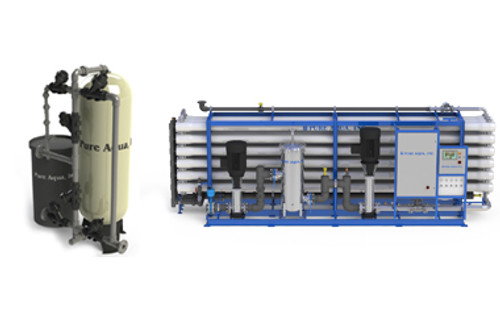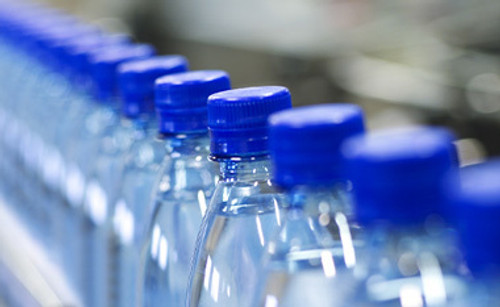What Are Hard Water Stains?
Stains occur due to the elevated minerals within the hard water evaporating, which leaves an ugly, brown-reddish texture debris on the surfaces of equipment, walls, clothes, toilets, etc. on your surfaces. These hard water stains can be produced and are hazardous to the effectiveness of equipment and materials used in very important applications such as hospitals, hotel & resorts, refineries, power & energy plants, schools, etc.
What are the effects of hard water on pipes?
The efficiency of plumbing systems is greatly diminished as a result of hard water scaling inside the pipes and other appliances over short periods of time. Unfortunately, scaling is often overlooked, and only worsens as time goes on in clogging and stressing pipes, including lessening the flow of water. The durability of these pipes and appliances is reduced to a large degree from the mineral deposits as a consequence, and greater amounts of maintenance is required as well.
Why hard water affects boiler feeds?
Scaling in boiler, which is formed through water hardness, plays a vital role in determining the overall efficiency of the boiler feed. The total hardness (TH) which equates to the entire amount of hardness minerals, mainly calcium and magnesium in the water can produce dense scaling that builds up in boiler equipment. This detrimental process usually develops around the surface area of the boiler feed system, which results in the loss of efficient heat transfer. To prevent this from occurring, boiler operators regularly provides a dosage of the feed water with chemicals that work to eliminate the TH from infiltrating the boiler system and negatively affecting the overall operation.
[custom-specifications]
Hard water brings a whole host of issues to industrial, commercial, and residential applications through lowering the quality of performance within specific operations. Hard water has this effect due to its extremely high incorporation of minerals that exist in these water sources from the percolation of groundwater. More specifically, as groundwater moves through surfaces, it picks up common substances from the uppermost layers such as iron, magnesium, and calcium deposits.
While these certain substances might not be particularly harmful to human health in reasonable doses, since most of our foods contain iron, calcium, and magnesium. However, they often carry toxic bacteria along with them in the water as several studies have shown that water hardness scaling leads to the growth of bacteria in drinking water.
[/custom-specifications]
[custom-features]
Recommended models for this solution would be our:
Reverse Osmosis Models
RO-200, RO-300, RO-400,& RO-500
Water Softener Models
SF-100S, SF-110F, SF-150S, SF-200F, SF-250A, SF-300C, SF-500F,& SF-900F
Nanofiltration Models
NF-300, & NF-500
[/custom-features]
[custom-usage]
[/custom-usage]
-
Thank you!
I now understand the effects of hard water
- Related Project1:
- https://pureaqua.com/twin-alternating-softener-nicaragua-project/
- Related Project2:
- https://pureaqua.com/twin-alternating-softener-2x-367200-gpd-chile/
- Related Project3:
- https://pureaqua.com/twin-softener-system-50-gpm-kuwait/
- Related Project4:
- https://pureaqua.com/twin-alternating-water-softener-223200-gpd-saudi-arabia/
 ENGLISH
ENGLISH
 ESPAÑOL
ESPAÑOL العربية
العربية PORTUGUÉS
PORTUGUÉS FRANÇAIS
FRANÇAIS













